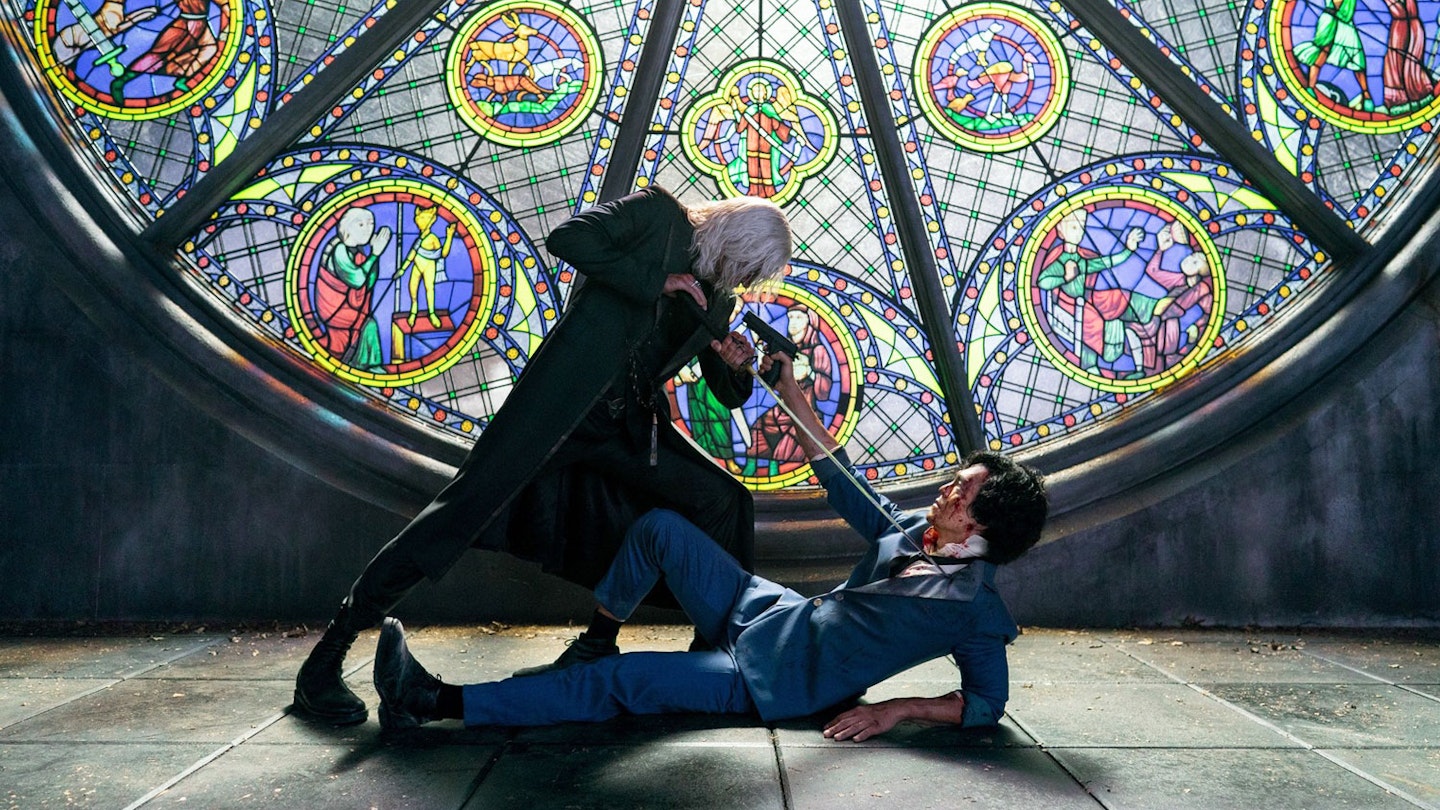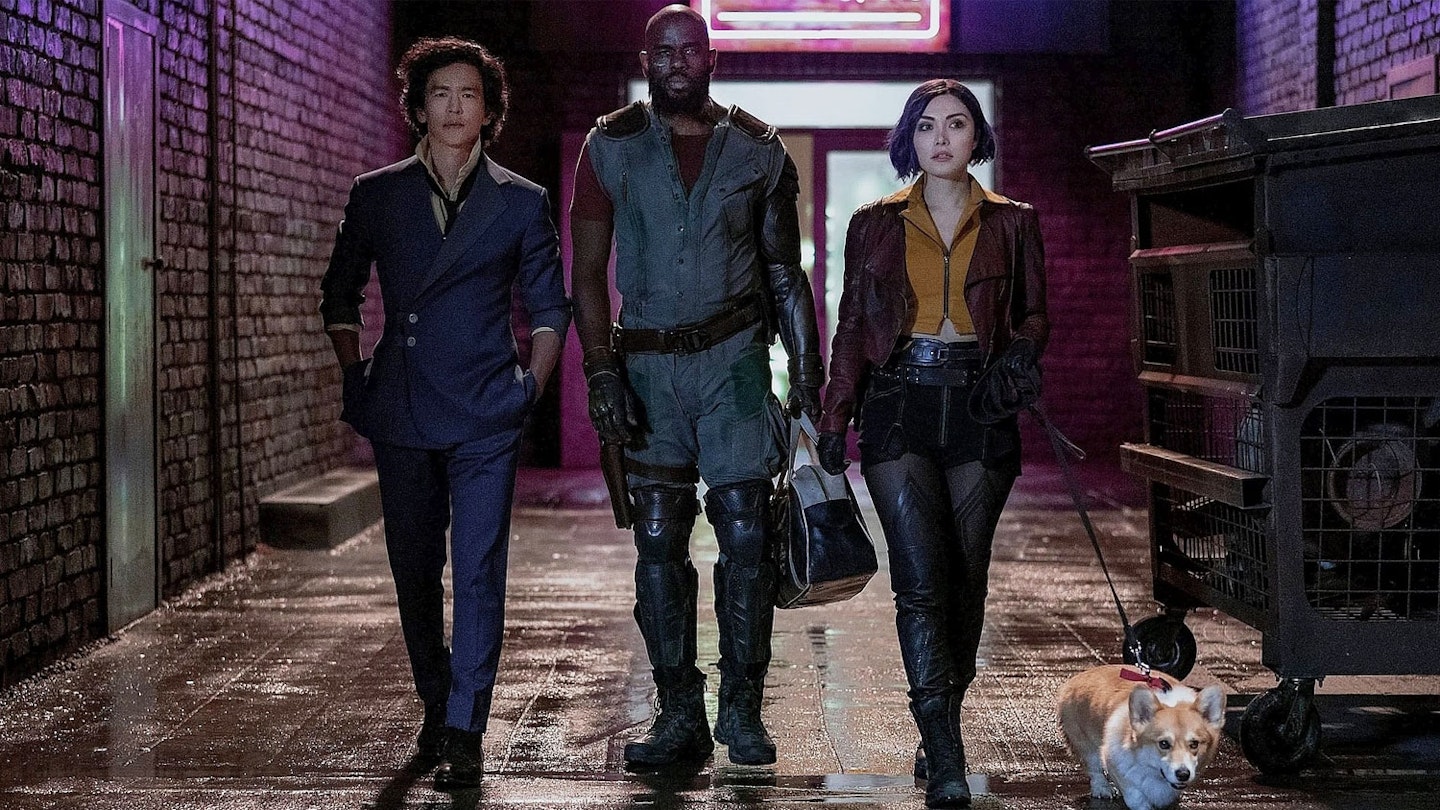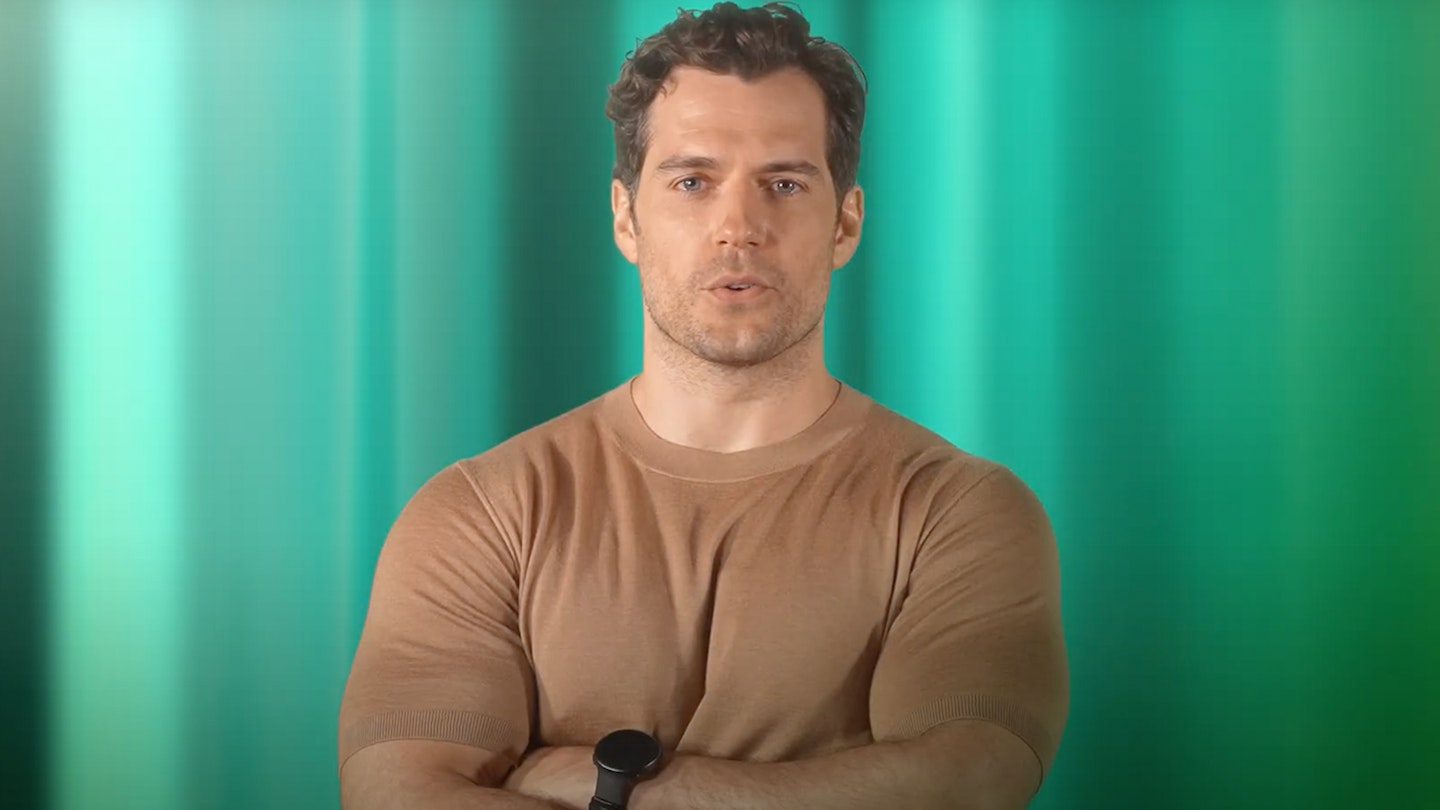Episodes viewed: 10 of 10
Streaming on: Netflix
Rather than expanding on the hit anime’s various inspirations, Netflix’s Cowboy Bebop remake is mostly content with being an homage to Cowboy Bebop and nothing else, the source material’s roots in blaxploitation and the French New Wave left at the wayside for something more rote. Which begs the question: what’s the point? It seems made for people who have already seen the original show, but now with a more limited stylistic palette.

Mustafa Shakir’s excellent, lived-in performance, in particular, can sometimes distract from such questions. Despite a deluge of clunky, juvenile dialogue, he, John Cho and Daniella Pineda all do fun impersonations of the scrappy and perpetually broke space cowboys Jet, Spike and Faye. But these performances are subsumed by a tired, verbatim recreation of the original show. The substantial new material is reserved for Spike’s nemesis, Vicious (Alex Hassell) — already the least compelling of the story, now the source of some embarrassing melodrama.
Cowboy Bebop misunderstands the style and subtext of its forebear, only honing in on its least interesting elements
Sadly, the new show also sorely misses the careful consideration of the original’s art direction. The production design is either generic neo-noir or neo-Western, losing the multi-culturalism and genuine sense of place inherent to Bebop’s world-building. Where the anime married numerous striking elements under Shinichirō Watanabe’s direction, here everything feels flavourless, insensate. The difference is brought into sharper relief as it slavishly recreates old sequences, only to stall their snappy rhythm and muddy the imagery with ugly colour grading. The dulled action-design and sluggish execution is a reminder that part of the appeal of Bebop was the very fact that it was animated, in seeing larger-than-life characters move with both realistic weight but also a thrilling speed not possible in live action. This version was always at a disadvantage.
From the jump, Cowboy Bebop seems to misunderstand the style and subtext of its forebear, only honing in on its least interesting elements. Even the music of legendary composer Yoko Kanno (who previously worked on the anime) feels arbitrary and listless. Her usually exciting compositions simply fill empty space in these expanded, hour-long episodes, rather than actually elicit any specific feeling other than simple nostalgia. It’s something emblematic of the rest of the show: a hollow re-enactment, continually inviting comparison to the original only to its own detriment.


